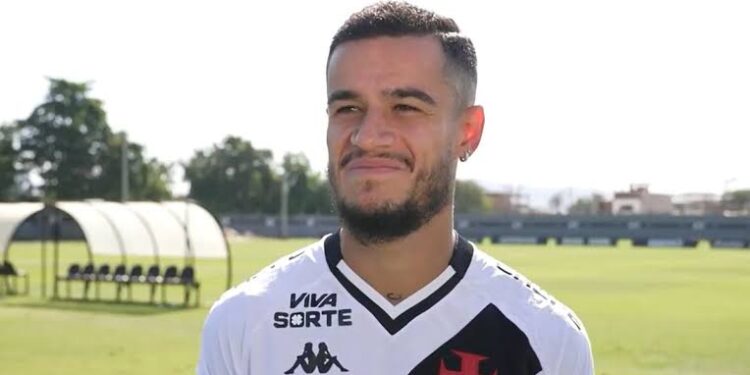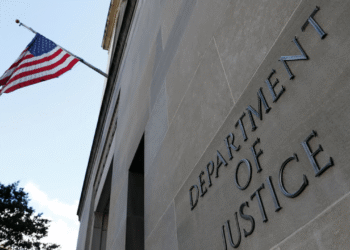Brazilian football star Philippe Coutinho was visibly shaken when gunfire erupted during a media interview at Vasco da Gama’s training ground, where he is currently playing on loan from English Premier League club Aston Villa. The unsettling moment was caught on video and quickly went viral.
Coutinho, a former Liverpool and Barcelona midfielder, froze momentarily as the gunshots rang out in the background. Despite the tension, the 32-year-old gathered himself and continued the interview calmly, a move that drew both concern and praise from fans online.
Local media reported that the sound of gunfire is not unusual in the vicinity of Vasco’s training facility. The area is occasionally affected by routine police operations, which sometimes involve the use of live ammunition. While alarming, this reflects the harsh realities many Brazilian footballers face when returning to their hometown clubs.
“These kinds of interruptions highlight the contrast between European football’s polished environment and the complex social realities in parts of Brazil,” said a local sports journalist.
Coutinho’s return to Vasco da Gama marks an emotional chapter in his career. He began his professional journey at the Rio-based club before transferring to Inter Milan in 2008. His current loan follows a stint in Qatar with Al-Duhail during the 2023–24 season.
His return is seen as part of Vasco’s broader strategy to combine experience and star power, which also includes the signing of former West Ham United playmaker Dimitri Payet. Vasco’s head coach Fabio Carille has not yet disclosed if Coutinho’s loan will be made permanent, but fan sentiment is overwhelmingly in favor of keeping the iconic playmaker.
Coutinho is expected to feature in Vasco’s Serie A match this Saturday against Fluminense, a key fixture between the league’s 13th- and 7th-placed teams.
Despite the jarring events at training, Coutinho’s composure and professionalism once again underline why he remains one of Brazil’s most respected midfielders. The video of the incident continues to spark conversation about safety conditions for players in certain parts of South America, even as football tries to unify communities through sport.





























